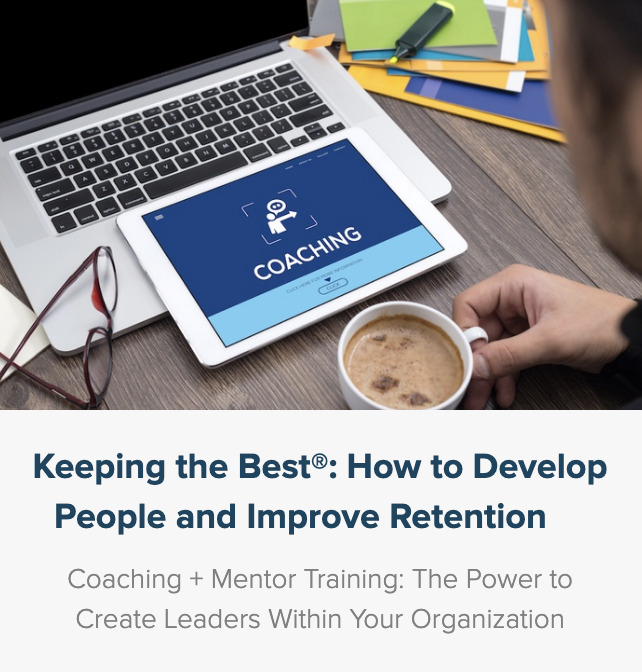- There tends to be a negativity bias in how most people connect. Frankly it’s much easier to complain about things vs. talk about what’s new & exciting, likely because there’s not much new & exciting for most people.
- Optimism is viewed as pollyanna or weak
- Robert Fritz once said “In the absence of a great dream pettiness prevails”
Blog post called A shot of Vitamin H & look up the exercises in our book "Making Good of the Order the BEST Part of Your Meetings" for some appreciative interview exercises.
Welcome to today's EMS leadership, Q & A. And we have such a great question here. Why are people so negative? Yeah. This, this question comes up a lot and there tends to be, I think some of the research shows there tends to be this negativity bias and just how people connect by default. And frankly it's much easier really to complain about things versus talk about what's new and exciting.
And that's probably because there's not much new and exciting going on for most people, unfortunately, or they're not as aware of it. And I think it gives us an opportunity as leaders to say, okay, well, what are we creating a that's going to get people excited. Yeah. And, and you have to also look at yourself, you know,
as a leader too, what are you spending a lot of time talking about, you know, are you talking about what's wrong or are you, you know, focusing on what's working and acknowledging people for that, or even having conversations about how to learn from your successes. And, and I think unfortunately optimism is often viewed it as Pollyanna or weak. You know,
being caring is often, you know, misinterpreted or viewed as being soft. And, you know, I, that's just not true, but there is a lot of, unfortunately, a lot of baggage around being seen as positive. I mean, I remember being in organizations and people would say, you know, why are you, why are you so positive?
You know, you're, you're not being a realist. We're being negative is seen as being a realist. And, and I think that's an accurate, I think that, like you said, there is a tendency in our evolution to T tend towards more negativity, but it's something that you can learn how to be more optimistic. Certainly the positive psychology movement has demonstrated that it is possible.
Optimism is something you can learn. Robert Fritz is quoted as saying in the absence of a great dream pettiness prevails in the presence of a great dream. Pettiness goes to the wayside. He doesn't say it that way. Just totally messed up the quote. But anyway, it's basically that would people, you know, people focus on what's right in front of them.
If they're not engaged in something bigger, you know, they're not, they're not part of feeling part of something bigger. So I think that that's something to think about, like how, what do you know, what else you got, if not the negativity? What, what else you got for people to focus on? Absolutely. And I know you often say we're not talking about positivity,
meaning putting frosting on dog food, that makes a lot of people laugh, but really it's, if we are talking about what is exciting us, we're not lying or trying to fake fake it, we're really focused on future. And that future you can intentionally create as something that gets people excited. So I think there's a great article that we put together here,
a shot of vitamin H right. That talks about happiness in the workplace. And also there's several exercises in the book, in our book making good of the order of the best part of your meetings, whether or not it's done in the context of a meeting, or it's just taking those small exercises to do with your, with your leadership team. Yeah.
And I think it acknowledges that we always have a choice, you know, we can focus on what's wrong or what's working, you know, we can focus on what we want or what we don't want. And it's just, it's literally a choice in any given moment. And you know, what modeling role modeling is huge with this, with this. So,
you know, I highly recommend just practicing it yourself and it's, it's a contagious Yeah. Go forth and be a great role model. That's great. If you have a question to submit, send it our way support@emsleadershipacademy.com or leave us a voicemail at (888) 330-8288. We'd love to hear your questions. Thanks for watching.




